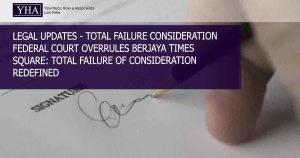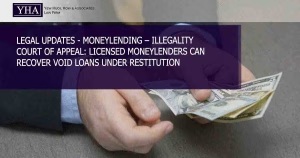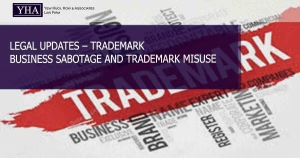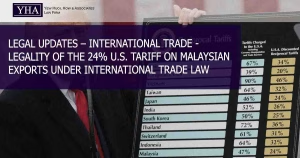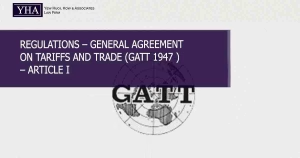
NOT AN ‘AGREEMENT TO AGREE’: ENGLISH COURT OF APPEAL SAVES LONG-TERM SUPPLY CONTRACT DESPITE OPEN PRICE CLAUSE
In KSY Juice Blends UK Ltd v Citrosuco GmbH [2025] 2 Lloyd’s Rep 581, the UK Court of Appeal held that a long-term supply contract was not unenforceable merely because part of the price was stated as “open price to be fixed”. The Court implied a term that, in the absence of agreement, the price would be a reasonable or market price, noting that the product’s value could be objectively benchmarked against the market price of frozen concentrated orange juice. Emphasising that courts should preserve commercial bargains rather than destroy them, the decision confirms that section 8(2) of the Sale of Goods Act 1979 operates as a saving provision, not a bar to enforceability.

